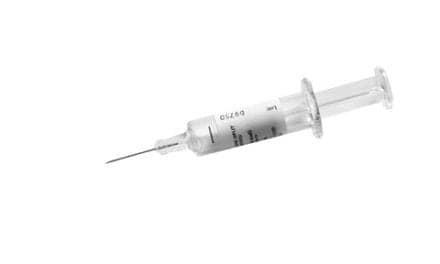A common food additive may make it more difficult to fight the flu, according to new research.
Vaccinated mice that got food containing the additive, tert-butylhydroquinone (tBHQ), took three days longer to recover from the flu than mice that ate tBHQ-free food. The unpublished result suggests the common additive may make flu vaccines less effective, toxicologist Robert Freeborn of Michigan State University in East Lansing reported April 7 at the 2019 Experimental Biology meeting.
The additive helps stabilize fats and is used as a preservative for a wide variety of foods, including some cooking oils, frozen meat products — especially fish fillets — and processed foods such as crackers, chips and other fried snacks. Food manufacturers aren’t required to put the ingredient on labels, so “it’s hard to know everything it’s in,” says Freeborn.










